Embarking on a healthier lifestyle is often seen as a daunting journey, particularly when it comes to embracing a balanced diet. I’m not a fan of the term “diet” itself, as it connotes a sense of sacrifice and limitation, which many perceive negatively. After all, how can one fully relish life if they’re restricted from savoring the foods they love? Food is more than just sustenance; it’s a source of joy, a reminder of cherished childhood memories, and often a ‘guilty pleasure’ we’re tempted to indulge in, especially after a rewarding workout.
Many of my personal training clients admit to having a ‘guilty pleasure’ food. Reflecting on our upbringing, it’s surprising how the old-school Food Pyramid, which glorified grains and downplayed the importance of meats and fats, shaped our eating habits. Thankfully, the evolving diet culture has debunked many such myths, emphasizing the significance of food quality – think organic, non-GMO, free from seed oils and corn syrups.
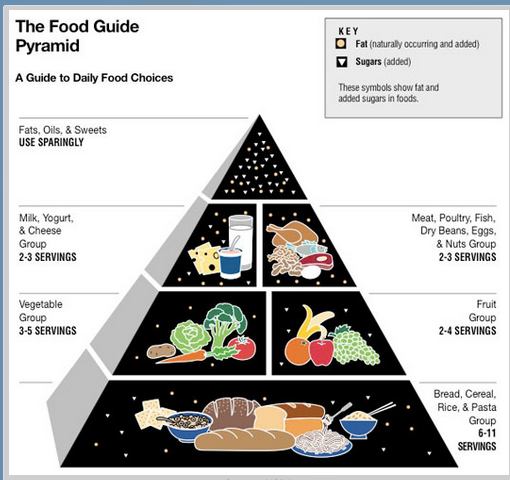
However, navigating through the plethora of dietary advice to find a path that aligns with our fitness goals can be overwhelming. While I’m not a registered dietitian, my experiences and those of my clients have taught me valuable lessons. One of my first dietary explorations was a plant-based, Vegetarian diet, including dairy and eggs, during my time in Los Angeles for Yoga Teacher training.
This experience was an eye-opener, making me realize the profound impact of diet on both physical and mental health. Previously, eating was an automatic response to hunger, with little consideration for the implications on my weight or the chronic headaches I endured.
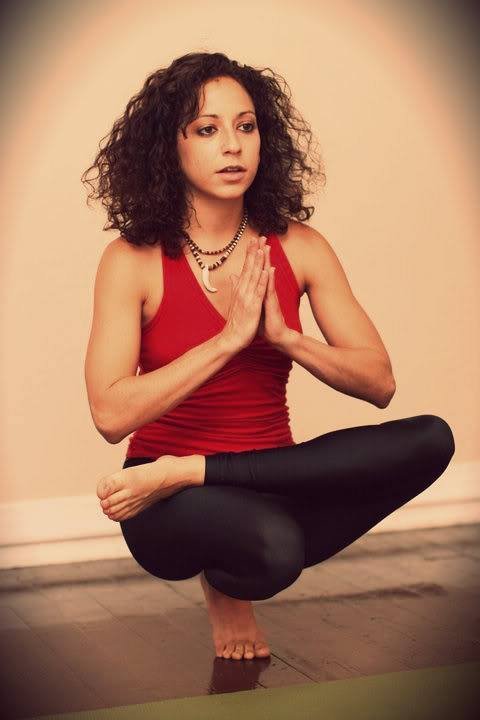
Fortunately, my genetics played in my favor, as I was never overweight, although I did fall into the category of ‘skinny fat’ with poor posture. Living in LA, where Veganism is trendy, I found it easy to adopt a plant-based diet.
Ayurveda, the sister science of Yoga, teaches that the root of most illnesses lies in the gut, and that mindful eating, including proper food combinations and fasting, can be profoundly healing. It was during this period that I learned the benefits of eating seasonally and understanding how even spices can affect everything from your mood to skin health.
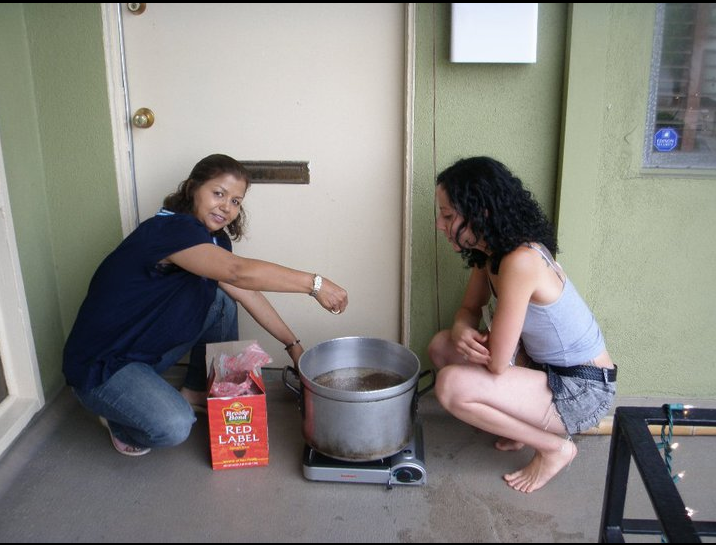
Mindfulness in eating is about more than just what we eat; it’s also about how we consume our food. Eating distractedly, too rapidly, or late in the day can adversely affect our digestion. This journey into mindful eating has been transformative, and it’s these insights that I am eager to share with others seeking a healthier, more balanced life.
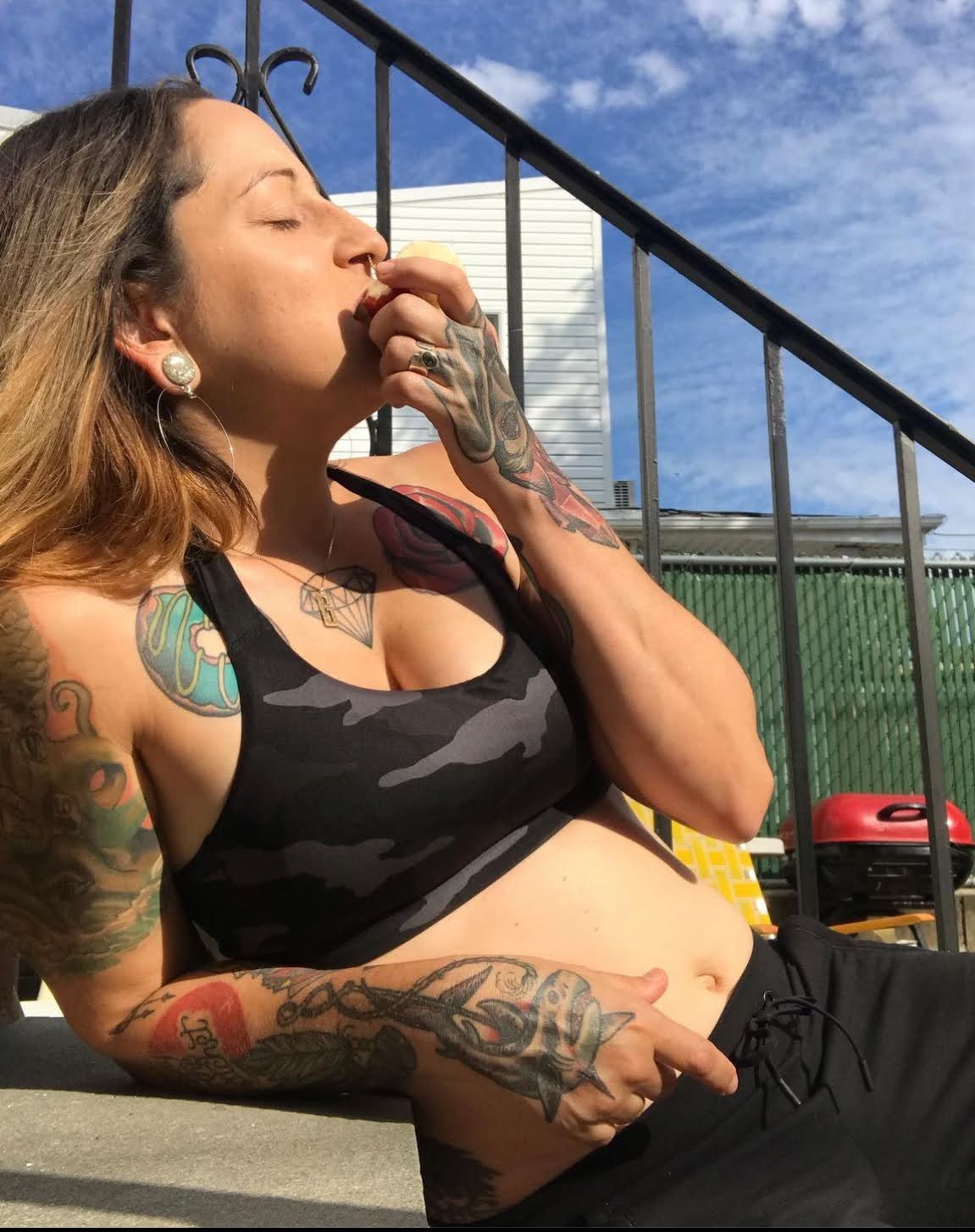
Setting out on a fitness journey often leads to profound discoveries about the impact of diet on our bodies. A few years into my strength training regime, my focus shifted towards aesthetics and muscle gains, sparking my interest in the Paleo diet. This was amplified when I delved into CrossFit and discovered Mark Sisson’s “Mark’s Daily Apple.” His approach was a stark contrast to the traditional Food Pyramid, advocating for a diet rich in diverse meats (including organ meats), abundant non-starchy vegetables, and healthy fats.
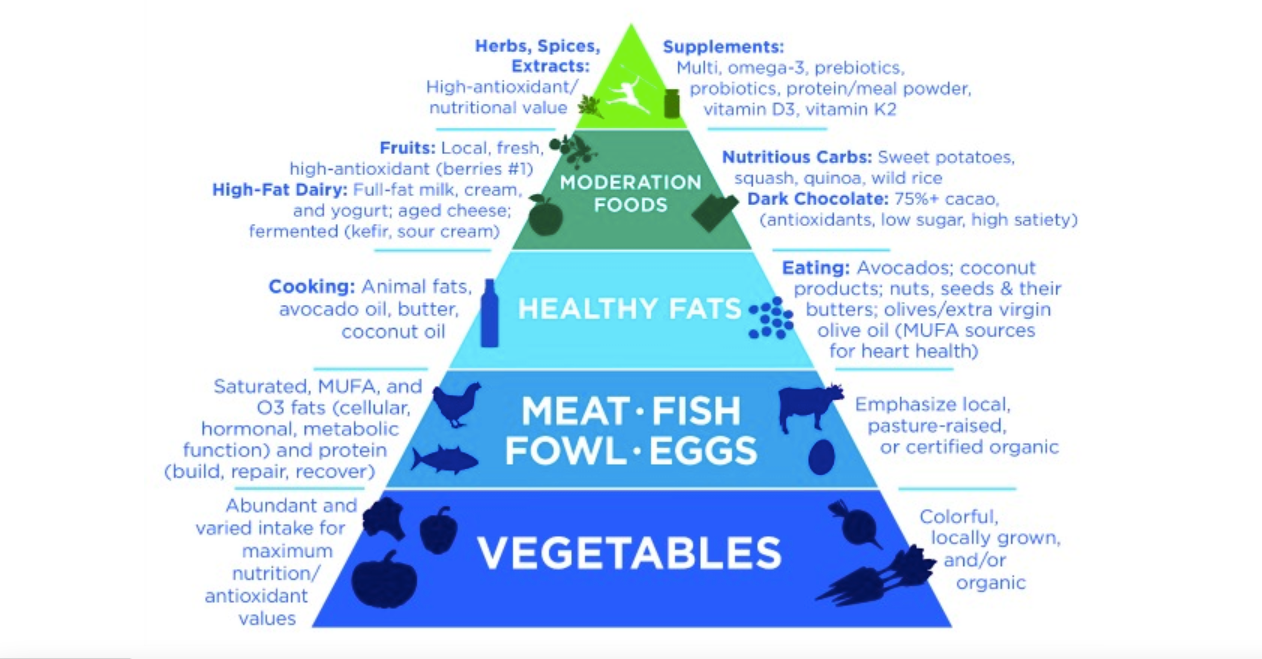
Adopting this Paleo lifestyle marked a significant turning point for me. Not only did my physical appearance transform – hello, abs! – but my athletic performance skyrocketed. This experience was my first real testament to the power of diet in shaping our bodies and enhancing our capabilities. However, despite the benefits, I found myself missing carbohydrates. This led me to an important realization: carbohydrates are not inherently bad. It’s their overconsumption, and the quick energy they provide, that often leads us astray. Put a bowl of pasta next to a protein-rich meal, and the temptation to overindulge is almost irresistible.
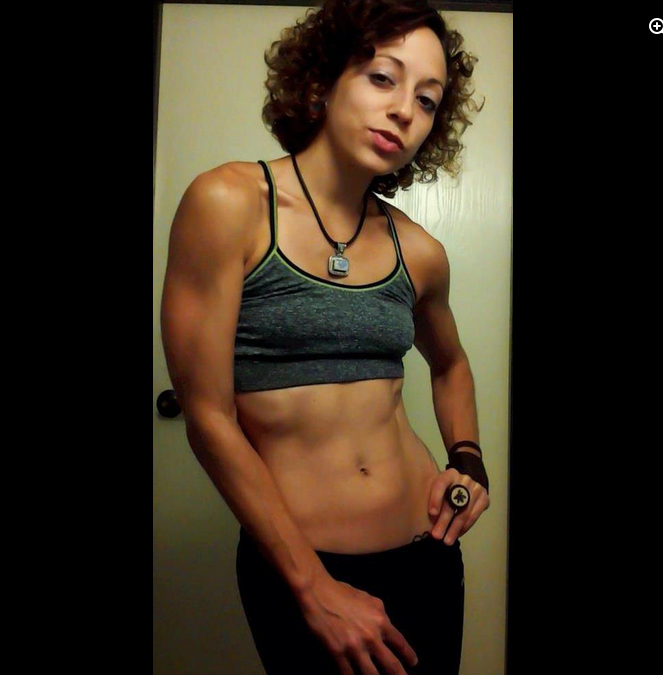
Over the years, my dietary journey has seen oscillations between Paleo and Vegan diets. Contrary to popular belief, a Vegan diet, when creatively executed with the right protein combinations, can also support a lean and muscular physique. Currently, my diet is about 80% Paleo, with the remaining 20% allowing for carbs and sweets. I’ve embraced carb-cycling, which lets me enjoy these foods without compromising my fitness gains. Additionally, eliminating alcohol from my diet has profoundly enhanced both my training and physique.
The key message here is about experimentation. I’ve seen clients thrive on various diets – Vegan, Keto, and moderate approaches. The overarching theme is mindfulness: being conscious of what and how you eat is crucial. This is not just about weight loss; the food we consume directly affects our mood, mental state, and hormonal balance. While I don’t advocate for obsessive calorie counting, having a general sense of portion control is beneficial. Eating mindfully and cooking most meals at home are practices I strongly recommend. For those on a weight loss journey, keeping a food log can be eye-opening, revealing hidden snacks and treats that often go unnoticed.
In summary, there’s no one-size-fits-all diet. It’s about finding what works for you, experimenting, and tuning into your body’s needs and reactions. The right diet is one that harmonizes with your lifestyle, fitness goals, and overall well-being.
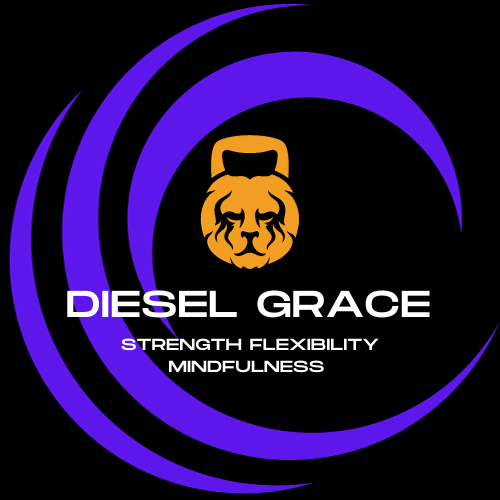
Leave A Comment